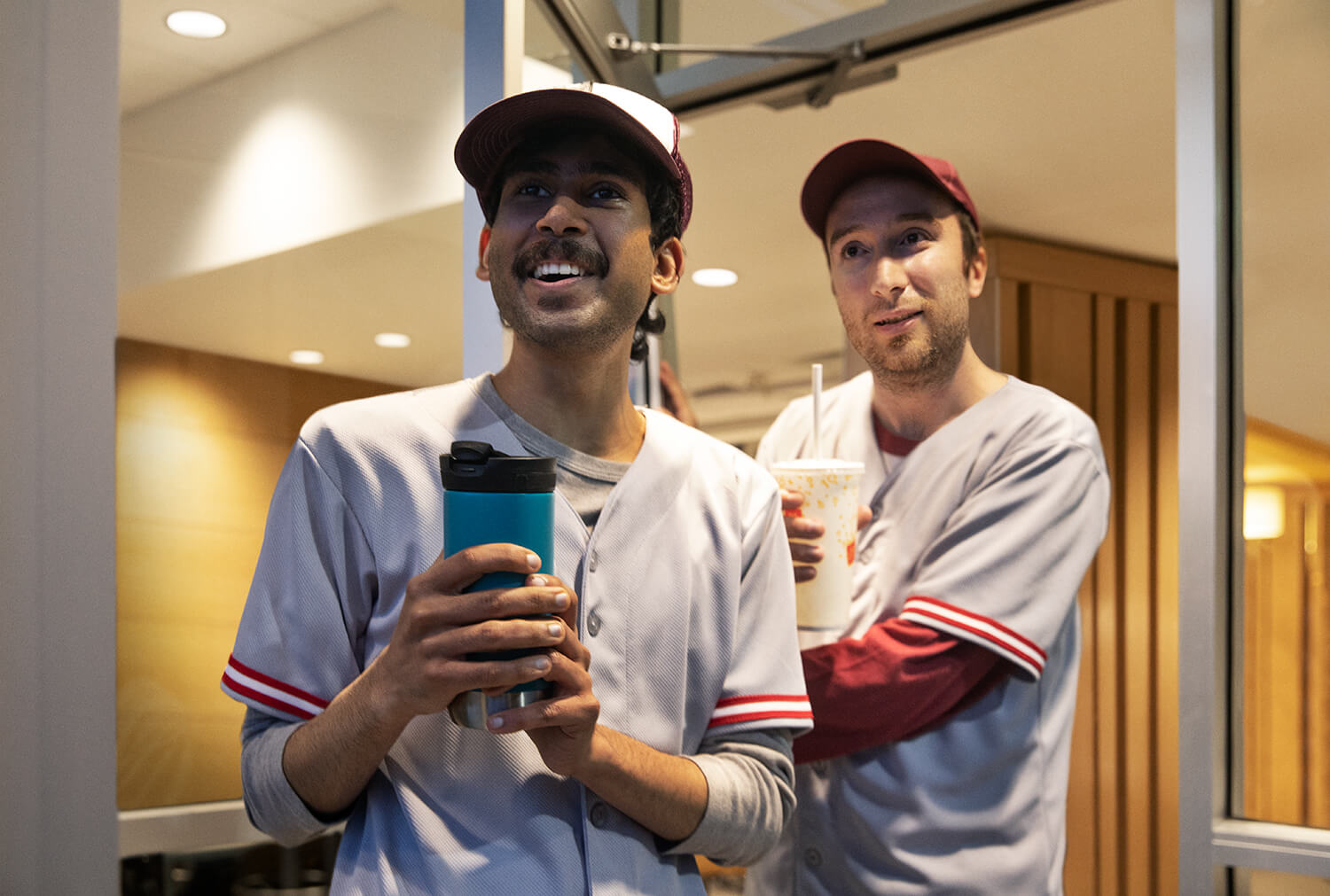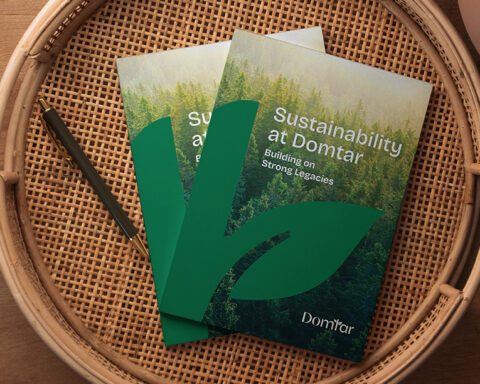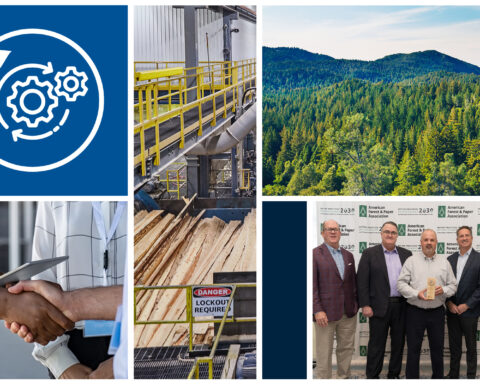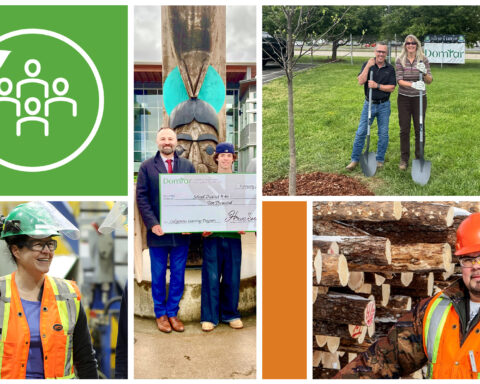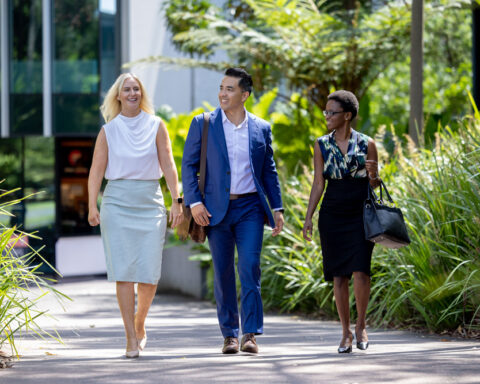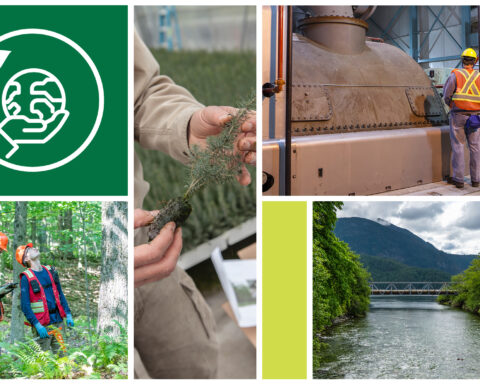Offering consumers the ability to make choices that align with their values is just one way Canada’s biggest brands can help make an impact in our communities.
Recognizing its unique position to be a driver of change, in 2018, McDonald’s became the first global restaurant company to set a science-based target to significantly reduce its greenhouse gas emissions, and making a formal global commitment to use its scale for good.
Now, the company is renewing its promise to support communities in Canada and sharing its plans to get there. McDonald’s Canada committed to McDonald’s global goal to source 100 per cent of its primary guest packaging from renewable, recycled or certified sources by the end of 2025* and to help the organization achieve net-zero greenhouse gas emissions globally by 2050.
RESPONSIBILITY AT SCALE
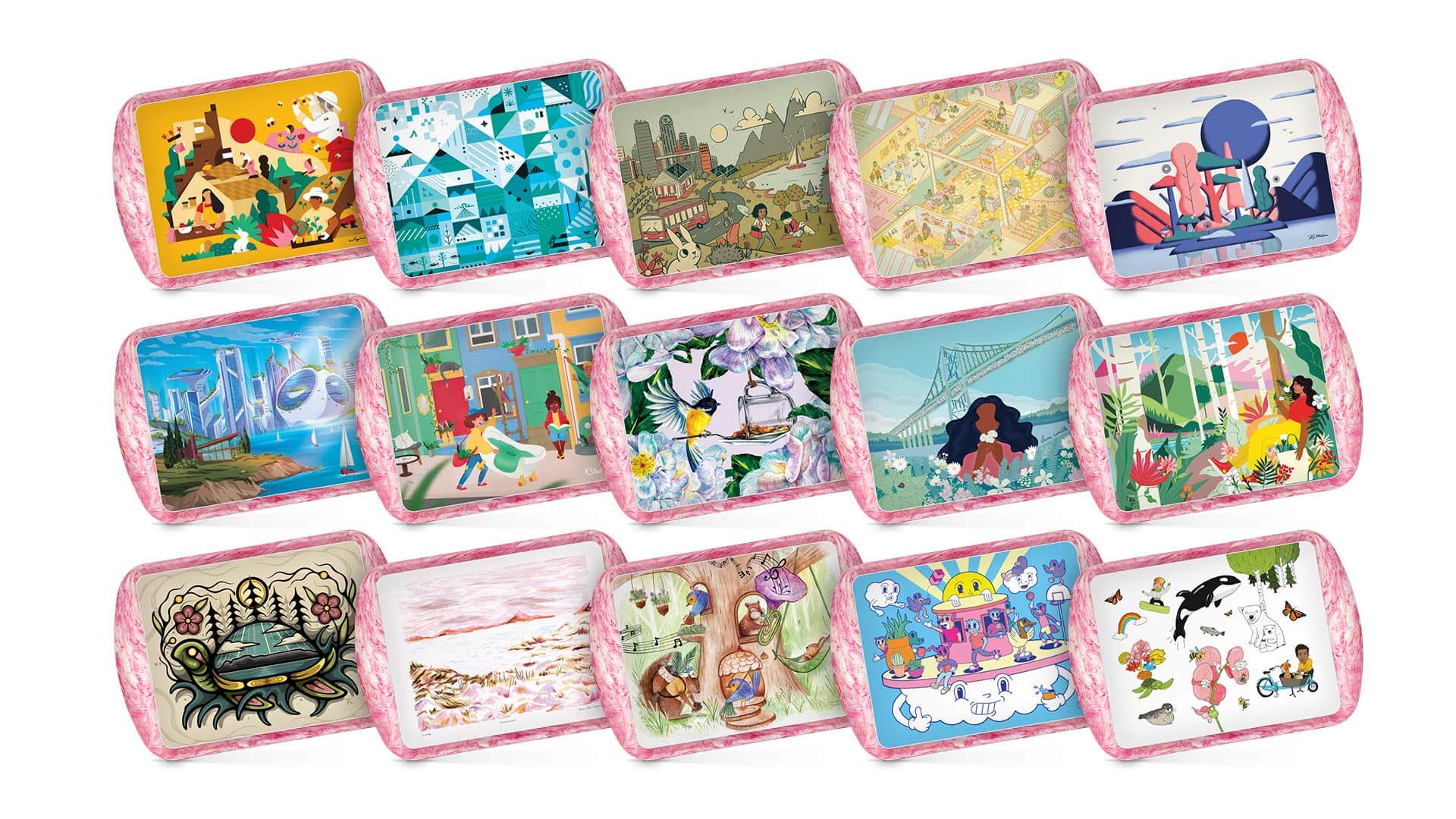
With its more than 1,400 corporate and franchised restaurants across the country serving upwards of one million people every day, McDonald’s Canada has been using its scale to drive change over its first 55 years in Canada and is accelerating that effort now.
“When we completed our transition to paper straws in late 2021, our guests could see the change: a paper straw in their order instead of plastic,” said Gemma Pryor, Senior Director of the McDonald’s Canada Impact Team, the group charged with driving change across the organization.
“What they don’t see, is the approximately 370 tonnes^ of plastics eliminated from the Canadian system annually.”
In total, McDonald’s Canada’s initiative to remove certain single-use plastics from restaurants, namely plastic cutlery**, stir sticks and straws, has eliminated approximately 700 tonnes of plastics from the company’s operations annually^.
CHANGES BIG AND SMALL
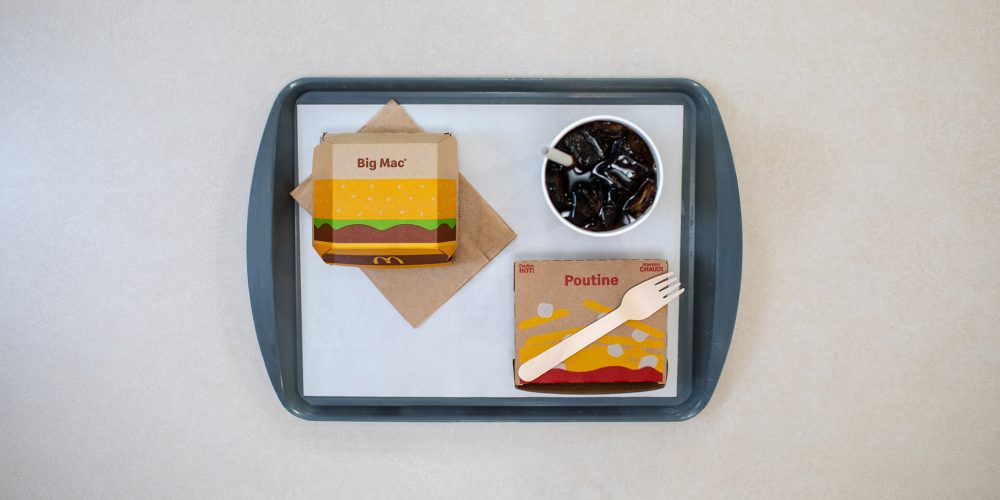
Scale is the secret sauce in McDonald’s Canada’s journey to help create an impact in the communities where it operates for the planet we share. Already, the changes made to the company’s operations have helped advance its packaging journey, bringing it closer to realizing McDonald’s global goal.
“McDonald’s Canada is one of the country’s largest restaurant companies, and we recognize the role our size and scale play as we help make a meaningful difference in our communities,” said Pryor. “We take the responsibility of this position seriously, and our ambitions highlight that every step we take today is an investment in our future.”
In 2019, the business stopped using extruded polystyrene foam in its gravy bowls and breakfast platters, removing more than 120 tonnes from the Canadian system.
In the same year, the introduction of both a new McWrap® packaging and a 20 per cent smaller, 100% recycled-fibre napkin spared the need for 1,300 tonnes of paper within its Canadian system.
Earlier this year, McDonald’s completed a paper fibre reduction initiative for its McCafé® hot cups, expected to result in the removal of approximately 700 tonnes of paper fibre from the Canadian system annually, based on 2019-2021 data.
LOVE WHAT’S NEXT
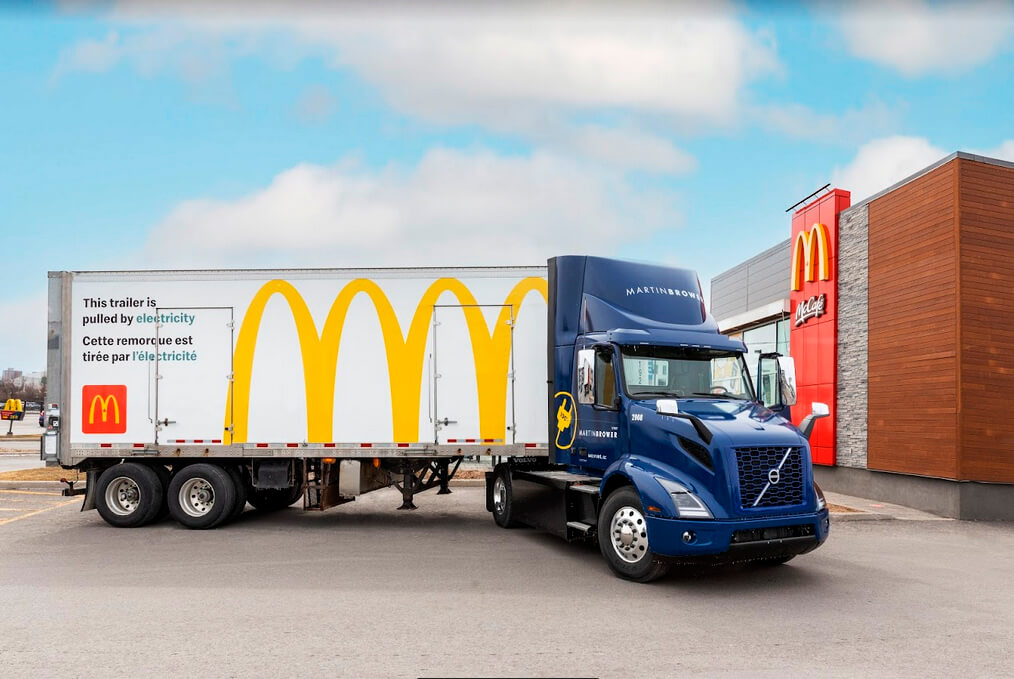
As people in Canada become increasingly aware of the role business can play in the future of our planet, McDonald’s Canada plans to continue acting on pressing issues in the communities it serves with people and the planet in mind.
“We’re excited to be marking McDonald’s Canada’s first 55 years by sharing its ambitions for its future. ” said Pryor. “We’re making sure our choices, actions and behaviours as a business show people that what’s important to them is also important to us, and that we’ll keep changing with them so they can feel good about enjoying the McDonald’s they love for years to come.”
In April 2022, McDonald’s Canada, alongside their supply chain distribution partner Martin Brower, added the first-ever electric vehicle (EV) to its distribution fleet. McDonald’s trialled the new, zero tail-pipe emission Volvo VNR Electric Class 8 tractor for distribution in Baie-D’Urfé, a suburb of Montréal.
Starting mid-July, guests in Canada can bring their own clean, reusable travel mug when they order a hot McCafé® Premium Roast Coffee or tea at the front counters of McDonald’s restaurants across the country.
That’s not all; guests who want to relive fond childhood memories of the Golden Arches™ with their families can look forward to even more change. McDonald’s Canada is working towards the company’s global ambition to drastically reduce the amount of virgin fossil-fuel based plastics used in Happy Meal toys, and to offer Happy Meal toys made from more renewable, recycled or certified materials by the end of 2025.
“Taking care of our communities helps us serve our guests even better, and our guests want to know they can trust us to act responsibly,” said Pryor. “We’re proud of the changes we’ve been able to bring to life so far. As we work towards to even bolder ones, we’re excited for our guests in Canada to Love what’s next™.”
Look out for more exciting things from McDonald’s Canada later this year mcdonalds.ca
* Refers to products that are used to package guest food on premises at McDonald’s restaurants, including containers, cups, wraps, bags for food, drink carriers, napkins and Happy Meal® boxes.
**Excluding McFlurry spoons.
^Based on 2018 to 2020 data
This article is “sponsored content” as defined by Corporate Knights’ content disclosure policy.


